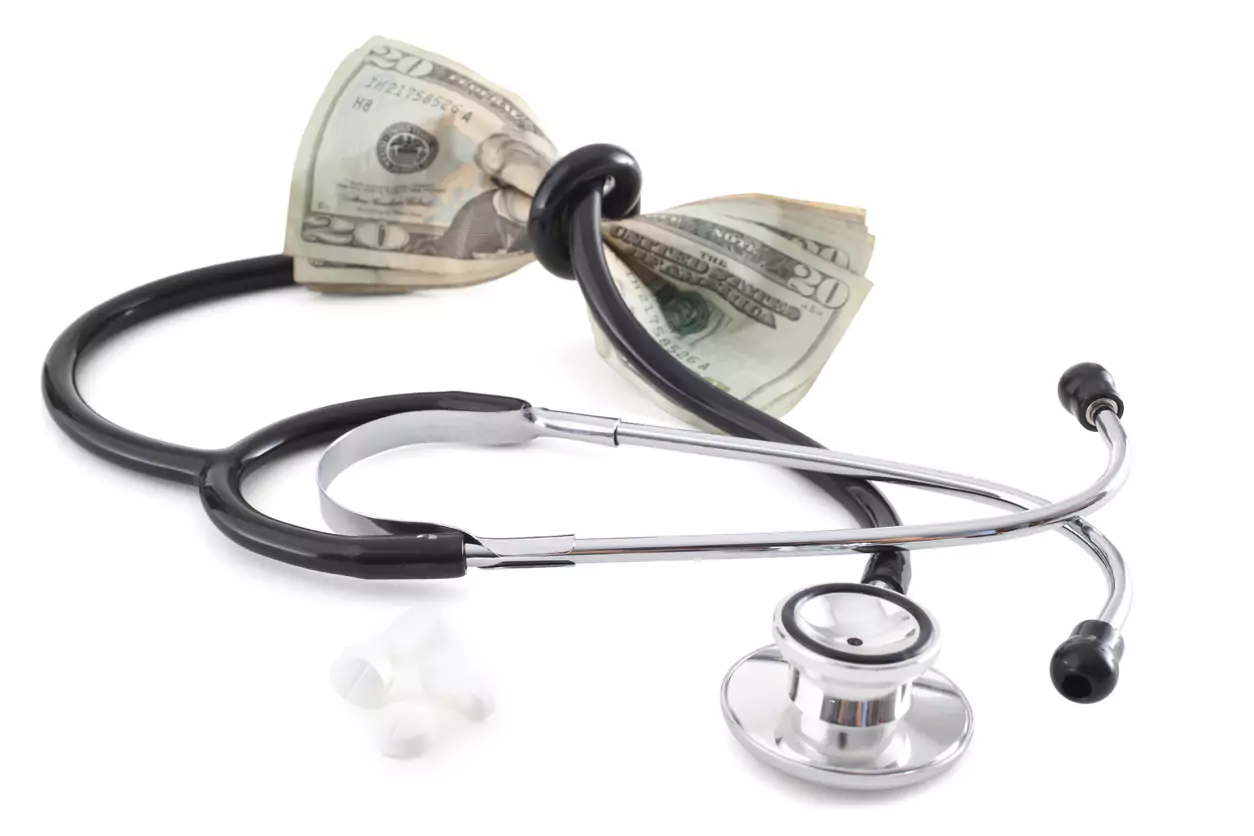
Story at-a-glance
- Average med school debt is $250K+—and that’s before interest. Managing it well starts early.
- Don’t defer in residency—low income means lower payments on income-driven plans like REPAYE.
- REPAYE helps with interest—the government covers half of unpaid interest above your monthly payment.
- Refinancing isn’t always better—it may eliminate forgiveness options. Get a second opinion.
- Live like a resident—spend less than you make, and don’t waste your signing bonus. Have a plan.
A student loan debt of a quarter of a million dollars.
That’s the average debt incurred by today’s newly-minted doctors who graduate with student loan debt. A recent report from the Education Data Initiative found that the average student loan balance for graduating physicians is now $250,995.
Furthermore, medical school debt is usually booked as graduate school debt, and therefore subject to higher interest rates than already substantial undergraduate school loan balances.
That kind of debt can feel overwhelming – especially to young doctors whose incomes have not yet reached the averages for their own professions, or to those in public service or entering public service.
Here are some tips to managing student loan debt; especially for current med students, residents and early-career practicing physicians.
1. Don’t defer student loan payments in residency
It’s tempting to put off making payments while still in residency. But this is a big mistake for two reasons: Income-based student loan repayment plans are based on your early career salaries – and not adjusted upward when incomes increased after residency. So you can lock in a lower minimum payment for years to come by taking advantage of your temporarily low income.
2. Take advantage of the REPAYE
The REPAYE (Revised Pay As You Earn) program the latest iteration of income-based repayment plans: Borrowers pay 10 percent of their discretionary incomes each month.
REPAYE can also help offset student loan debt. Essentially, if your income-based repayment is not sufficient to cover the interest on your federally guaranteed student loans, the federal government will pick up half of the interest accruing over and above your monthly payments.
3. Look for student loan forgiveness programs
A number of institutions still provide student loan forgiveness programs if you are willing to commit to a certain number of years with them. These have long been common in the military, in public health organizations, academia and public or non-profit hospitals. As competition for physician talent becomes more and more keen, more private for-profit institutions are implementing student loan repayment programs of their own.
4. Look at student loan refinancing
Some people, but not all, benefit from refinancing some or all of their federal student loan balance with a private lender. You may qualify for a lower interest rate, a lower minimum payment, or both. However, be wary of aggressive marketers overselling the case: Refinancing can render you ineligible for very important benefits, like the eventual forgiveness of federal student loan debt for long-term on-time payers.
Before you refinance, get a second opinion from a disinterested expert who is well-versed in the various federal student loan programs and their benefits. For example, you may not be able to defer payments on a private loan like you can with federal student loans. Don’t rely solely on the advice of a commissioned loan salesperson, or an advisor who is not well familiar with the specific financial needs of doctors. Otherwise you could render yourself ineligible for eventual forgiveness of unpaid student loan balances after the maximum repayment period ends. For REPAYE, that period is 25 years for graduate/medical school debt, – provided you have made on time payments for the entire period. For IBR 2014 and PAYE loans, you may qualify for forgiveness after 20 years.
5. Live on less than you make
This seems obvious, but many physicians take on far too many expenses and debts early in their career, which puts a crimp on their financial freedom early on. Many try to keep up with the Joneses, who are often physicians in higher earning fields or who are far further along in their lucrative careers.
Opt for a modest car and don’t worry about what other doctors are pulling into the parking lot where you work. Don’t go on every ski trip and cruise with the older doctors. Many times, their own finances aren’t looking that hot, anyway. They just don’t show it in private.
Live like a resident!
Live like a resident for a few years after your residency. Learn to budget like a pro. Focus on debt reduction and investment early in your career. Live on less than you make and build a good emergency fund, a cash cushion, and invest in a Roth IRA while you still make a low enough income to qualify! (You may not have that option once your income picks up as you get further into your career).
6. Don’t squander signing bonuses
Yes, doctors often get a nice check for signing on with a new employer. It’s a lot nicer if you don’t blow it on things that don’t have lasting value. Have a plan in place before you get that check. It doesn’t have to all go to paying down your student loan – It may be better used as a down payment on a house, or to get adequate life and disability insurance in place. Everyone’s priorities are different. But having a plan before you get the bonus payment reduces the risk that you’ll spend it unwisely and wind up with little to show for it.
Ready to protect your future?
Get a personalized side-by-side policy comparison of the leading disability insurance companies from an independent insurance broker.




